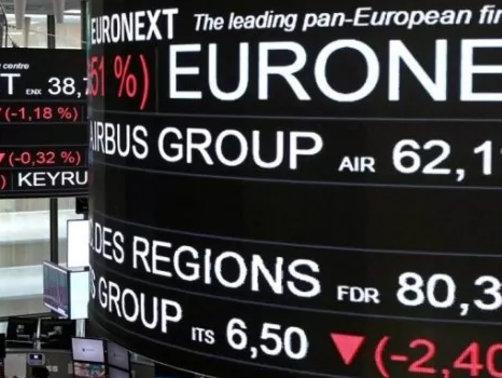Germany’s economy is facing a significant setback as industrial production fell by 2.4% in July 2024, far exceeding analysts’ expectations of a 0.3% decline. This drop was primarily driven by an 8.1% decrease in the automotive sector, raising concerns about the overall health of Europe’s largest economy. As a result, several prominent economic institutes, including DIW, Ifo, and IWH, have revised their growth forecasts downward, now predicting stagnation or even a slight contraction for Germany in 2024.The implications of Germany’s economic struggles extend beyond its borders. The Eurozone’s GDP growth has slowed to 0.2% in the second quarter of 2024, below the expected 0.3%. This represents a deceleration from the first quarter and a weaker performance compared to the US and Chinese economies, both of which grew by 0.7%. The European Central Bank (ECB) is expected to lower interest rates next week in response to these economic challenges, potentially stimulating business investments and easing financing conditions.Despite the overall gloomy outlook, there are some positive signs. German exports rose by 1.7% in July to €130 billion, indicating some resilience in international trade. However, the broader economic picture remains concerning, with exports down 1.1% compared to the previous year and imports declining by 5.1%. As DIW President Marcel Fratzscher noted, ‘The mood is worse than the economic reality,’ but he remains cautiously optimistic about the German economy’s potential for catch-up growth.
Key points
- German industrial production fell by 2.
- Economic institutes have revised growth forecasts for Germany, now predicting stagnation or slight contraction in 2024.
- Eurozone GDP growth slowed to 0.
- The European Central Bank is expected to lower interest rates to stimulate the economy.
4% in July 2024, mainly due to an 8.
1% decline in the automotive sector.
2% in Q2 2024, below expectations and trailing behind US and Chinese growth rates.
Contradictions👾While overall industrial production and economic forecasts are negative, German exports showed a slight increase in July, presenting a mixed picture of the economy’s health.



